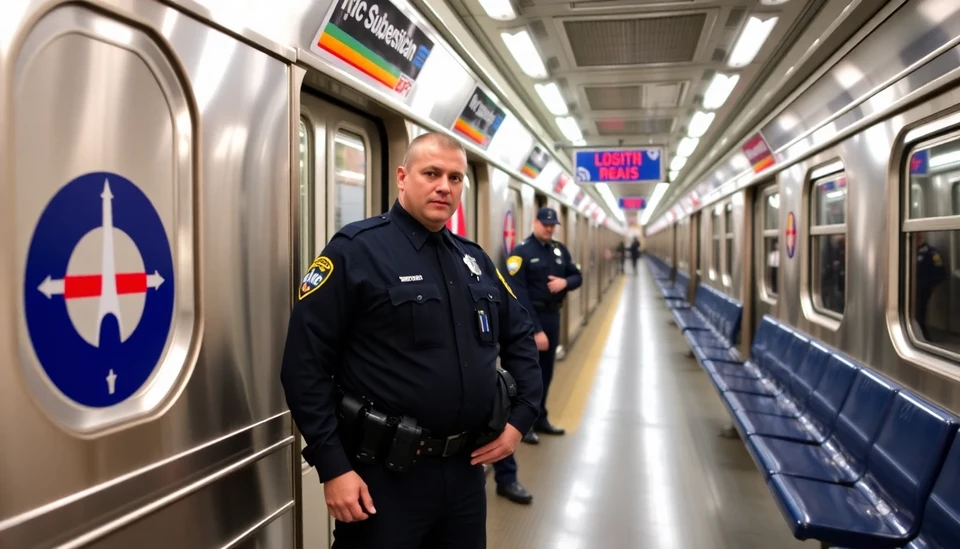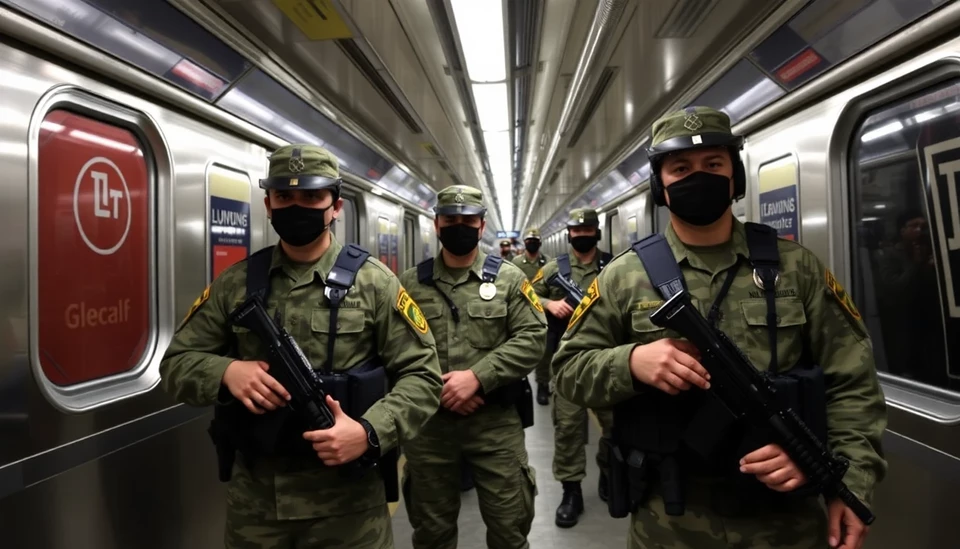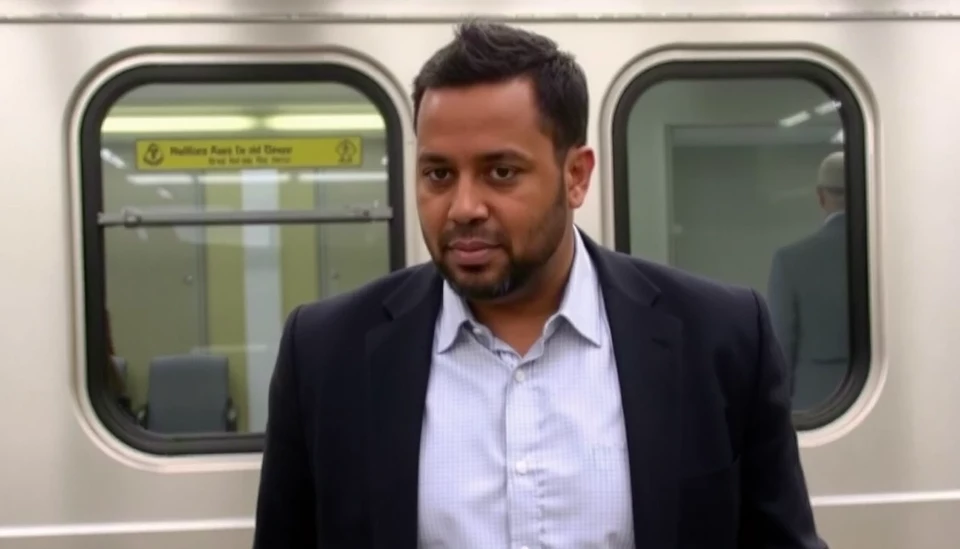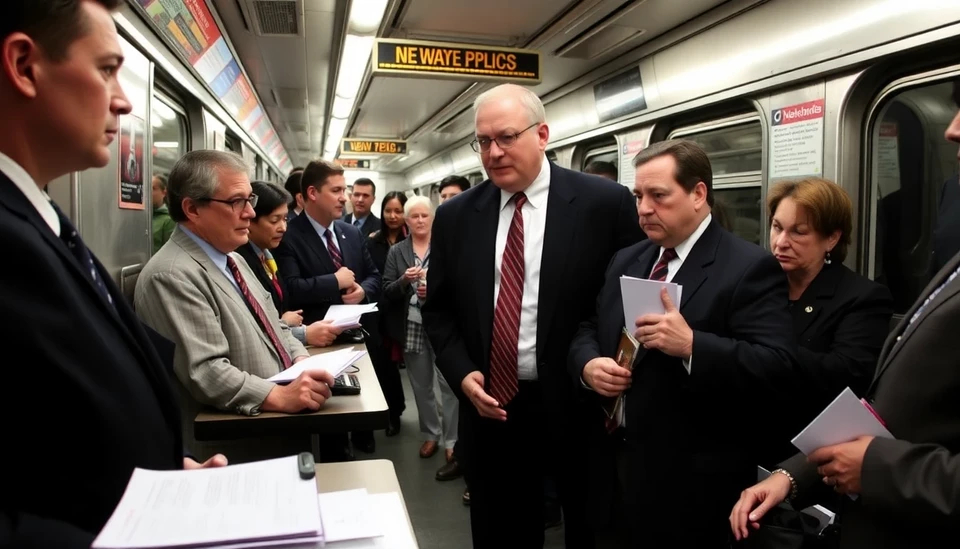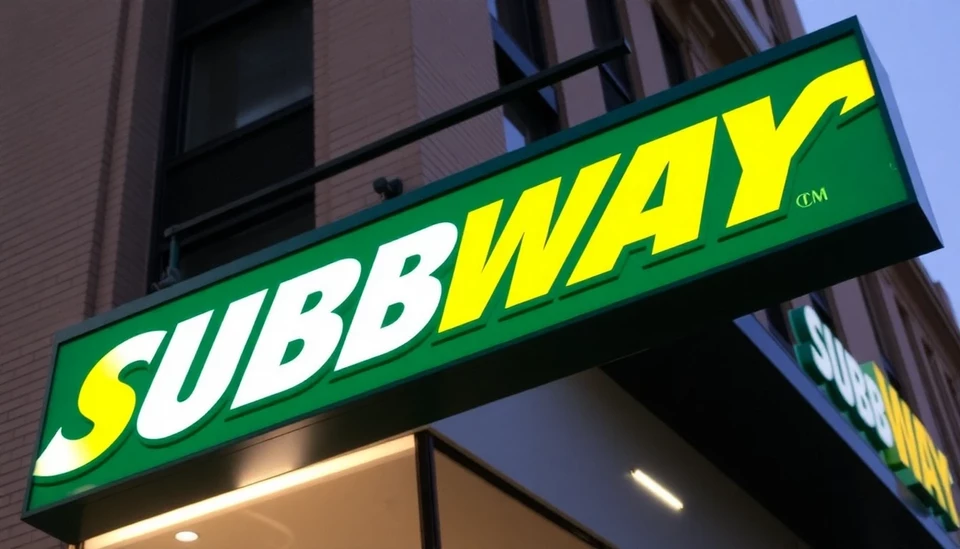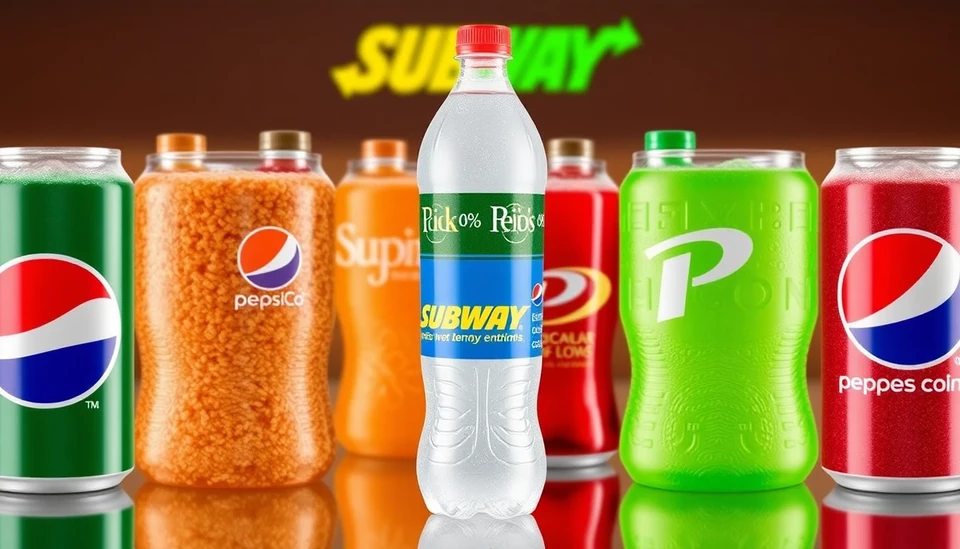
In a significant strategic shift, Subway has officially announced its decision to partner with PepsiCo as its exclusive beverage supplier, a move that is designed to modernize its offerings and boost sales. The decision comes despite notable pushback from several franchisees who have expressed concerns over the change. This new collaboration will not only alter the drink options available at Subway locations but also aims to enhance the brand’s overall appeal in an increasingly competitive market.
As part of this transition, Subway locations across the United States and Canada will replace Coca-Cola products with a variety of PepsiCo beverages, including popular brands such as Mountain Dew and Gatorade. The change, scheduled to be implemented over the next few months, reflects a broader effort by Subway to revamp its menu and align itself with consumer preferences that are shifting toward beverage diversification.
The move to PepsiCo is seen as a response to changing market dynamics where consumers are no longer satisfied with a singular beverage offering. Franchise owners, however, have raised concerns that limiting choices to PepsiCo products could alienate loyal customers who prefer Coca-Cola beverages. Some franchisees have been vocal about their opposition, fearing that a reduction in drink options could impact sales and limit customer satisfaction.
In response to these concerns, Subway management has reassured franchisees that the partnership with PepsiCo is intended to enhance customer experience rather than detract from it. According to Subway executives, the new beverage lineup will include a greater selection of drinks aimed at appealing to a wider audience, ultimately driving more foot traffic into stores.
Additionally, Subway plans to roll out marketing campaigns to support the new beverage offerings, highlighting the freshness and innovation associated with this partnership. The company is hopeful that these measures will not only assuage franchisee fears but also attract new customers looking for an upgraded dining experience.
Subway’s decision follows a broader trend in the fast-food industry, where conglomerates are increasingly aligning themselves with larger beverage companies to streamline supply chains and capitalize on marketing synergies. By teaming up with PepsiCo, Subway aims to tap into the extensive resources that a global beverage leader can provide—ranging from innovative product development to expansive distribution capabilities.
As the fast-food giant embarks on this new partnership, it highlights the ongoing challenge of balancing franchisor expectations with the desires of franchisees. While Subway’s corporate management is optimistic about the potential benefits of the collaboration, how franchisees adapt to this change remains to be seen, particularly as they navigate customer preferences and their own business operations in the evolving landscape of the food and beverage market.
The transition represents not only a logistical overhaul but also a cultural shift within one of the most recognizable brands in the fast-food sector. As Subway moves forward with its plans, stakeholders across the board will be keeping a close eye on how this transition unfolds in the months ahead.
In summary, Subway's switch to PepsiCo beverages signifies a determined effort to rejuvenate its offerings amidst franchisee resistance. Whether this change will enhance customer satisfaction and ultimately lead to a positive impact on sales is a question that remains open for discussion.
#Subway #PepsiCo #FranchiseeConcerns #FastFoodNews #DrinkOptions #BusinessStrategy #BeverageSupply #CocaCola #MarketTrends #CustomerExperience #FoodIndustry #News
Author: Samuel Brooks
